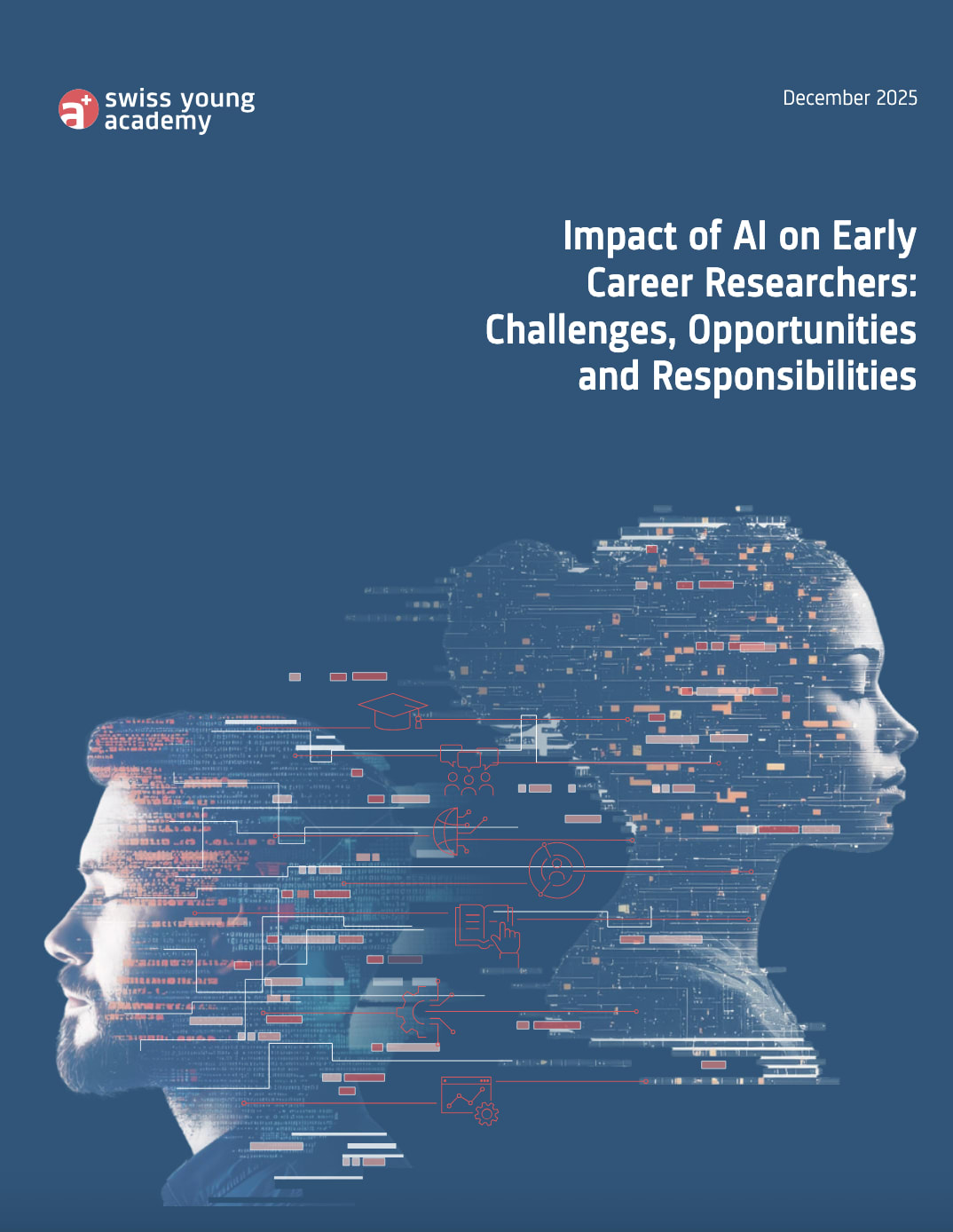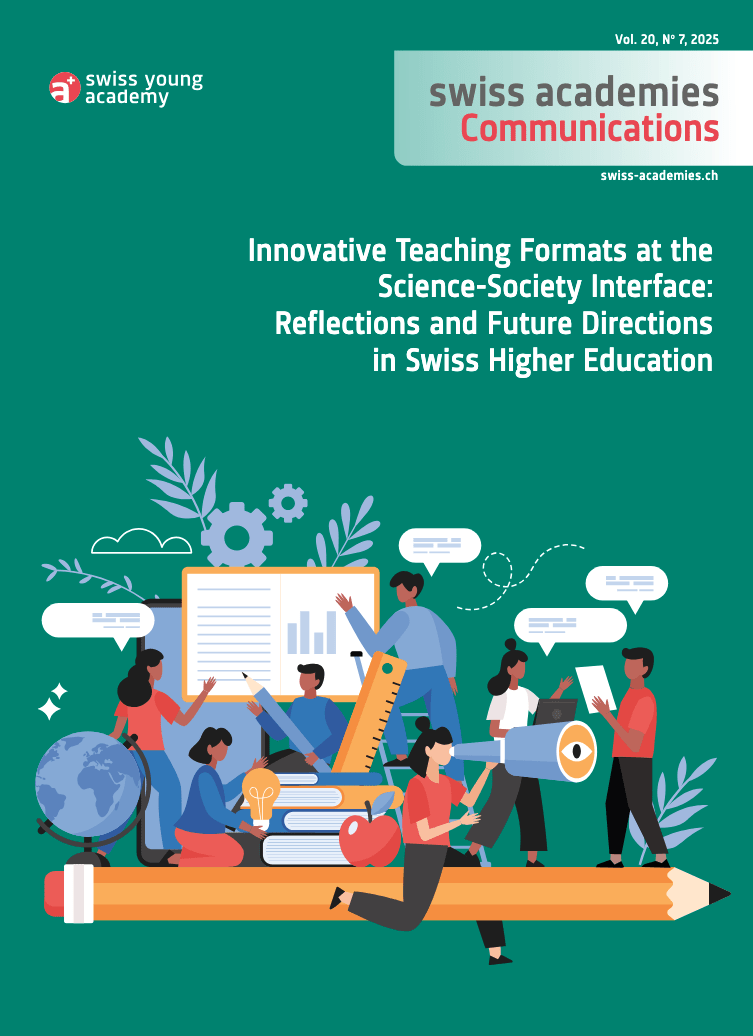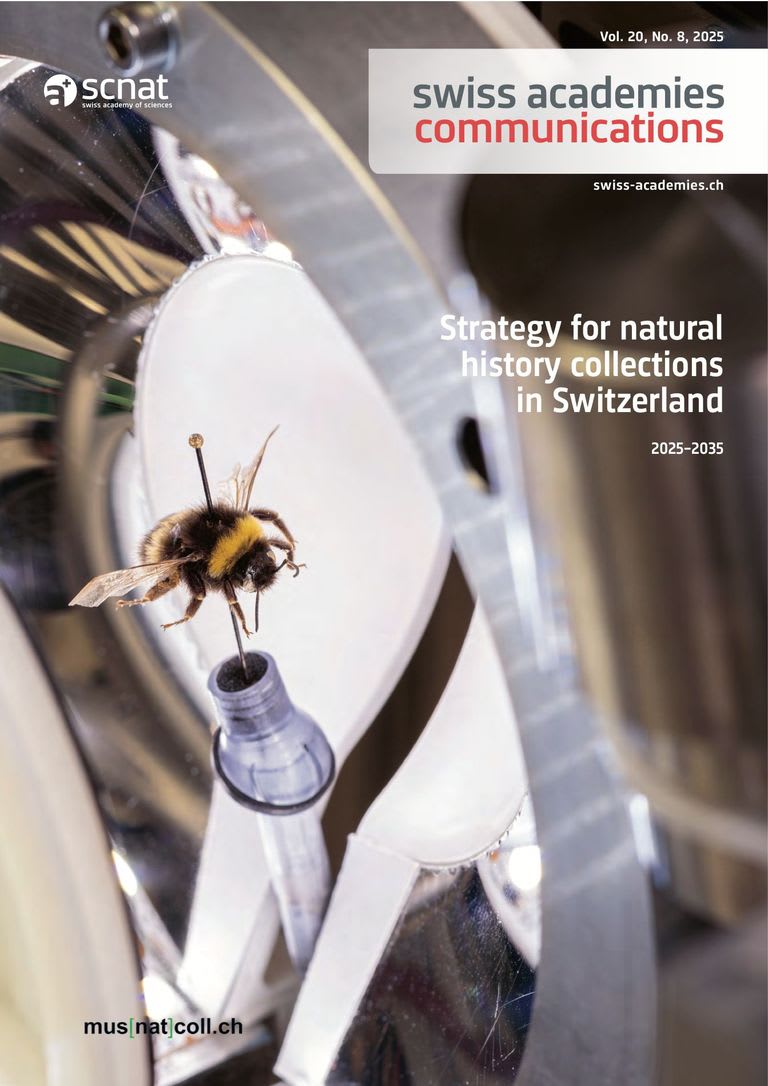Swiss Academy of Humanities and Social Sciences SAHS
Fördern statt selektionieren
Das viel gelobte Schweizer Bildungssystem steckt in einer Krise. Markus Zürcher erläutert deren Symptome zu Beginn seines rund 40-seitigen Essays. Da ist etwa die Prognose des Bundesamts für Statistik, dass die Schweiz bis 2031 auf Primarstufe rund 45 000 neue Lehrkräfte benötigt, aber nur 34 000 Personen ausbilden kann. Auch in weiteren Bereichen wie Pflege, Ingenieurwesen und Informatik fehlen akut und längerfristig Fachkräfte. Der Mangel wird sich durch den technologischen Wandel und die wachsenden Anforderungen des Arbeitsmarktes weiter verschärfen. Zürcher führt diese Entwicklung auf die veraltete Funktionsweise der Volksschule zurück. Bisherige Bildungsreformen haben an den grundlegenden Strukturen der Volksschule wenig geändert. Das System mit Jahrgangsklassen, Prüfungen unter Zeitdruck und Einteilung durch Noten reicht teilweise bis ins 17. Jahrhundert zurück. Besonders problematisch ist das Prinzip der Selektion. Die erste Selektion erfolgt mit 12 Jahren (Übergang Primarstufe zur Sekundarstufe I), die zweite mit 15 Jahren (Übergang Sekundarstufe I zur Stufe II). Doch Kinder und Jugendliche entwickeln sich nicht linear nach Altersjahren. Zudem haben die Bildungsnähe der Eltern sowie deren Einkommen einen grossen Einfluss auf die Leistungen der Schüler·innen (etwa durch Aufgabenhilfe und Nachhilfeunterricht). Breit angelegte empirische Studien zeigen, dass die frühe Selektion soziale Ungleichheiten reproduziert und verstärkt. Leistungskonkurrenz, Stress und Demotivation sind weitere Folgen des veralteten Schulsystems. Die wahren Begabungen der Schüler·innen werden übersehen, ihre Lust am Lernen wird früh abgewürgt. Der Autor plädiert dafür, Bildung umfassender zu verstehen und prioritär in die Volksschule zu investieren. Statt sich am Bedarf an Arbeitskräften («manpower approach») zu orientieren und früh zu selektionieren, soll die Volksschule die individuellen Interessen und das Humanvermögen fördern: Resilienz, Sozialkompetenz und Fachkompetenz. Bildung, so Zürchers Fazit, muss zu eigenständigem Denken und Handeln befähigen. Denn in einer sich rasant verändernden Arbeitswelt ist nichts so wichtig wie lebenslanges Lernen sowie die Fähigkeit, mit neuen Gegebenheiten konstruktiv umzugehen.
Zürcher, Markus (2023): Fördern statt selektionieren. Plädoyer für eine Volksschule, die das Begabungspotenzial der Kinder und Jugendlichen ausschöpft (Swiss Academies Communications 18,1).




